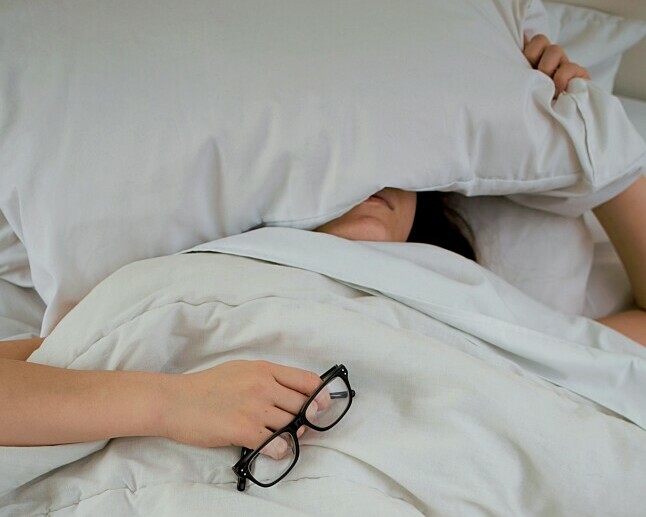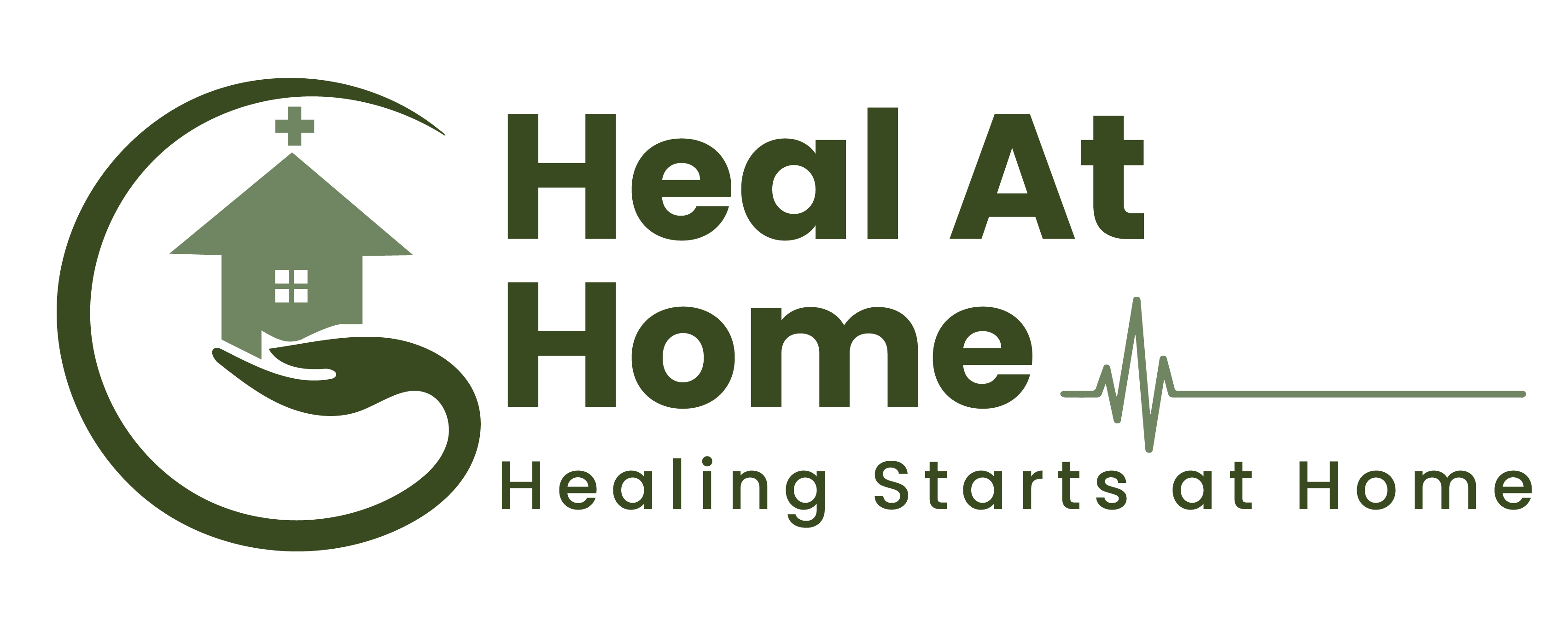
Sleep Apnea Stealing Your Breath
Sleep apnea is a condition characterized by repeated pauses in breathing during sleep, and it affects millions of people worldwide. While the telltale signs of snoring and daytime sleepiness might seem like minor inconveniences, the long-term consequences of untreated sleep apnea can be severe. This article will explore the impact of sleep apnea on daily living and how CPAP (Continuous Positive Airway Pressure) and BiPAP (Bi-Level Positive Airway Pressure) machines can significantly improve your quality of life.
The Disruptive Grip of Sleep Apnea
During an apneic event, the muscles supporting your airway relax, causing a blockage that disrupts your breathing. Your brain briefly arouses you to reopen the airway, often with a gasp or snort. These disruptions can occur dozens, even hundreds of times a night, fragmenting your sleep and preventing you from reaching restorative deep sleep stages.

Sleep Apnea Stealing Your Breath
The Daily Toll:
The consequences of sleep apnea extend far beyond a restless night. Here’s how it can impact your daily living:
- Chronic Fatigue: Fragmented sleep leaves you feeling constantly tired, and lacking the energy to tackle daily tasks. This can significantly affect your work performance, relationships, and overall enjoyment of life.
- Cognitive Decline: Sleep apnea can impair memory, focus, and concentration. You might experience difficulty with decision-making, learning new information, and completing tasks that require sustained attention.
- Mood Swings: Chronic sleep deprivation can worsen mood swings, irritability, and even lead to depression and anxiety.
- Weakened Immune System: Sleep plays a critical role in immune function. Sleep apnea disrupts this process, making you more susceptible to infections and illnesses.
- Increased Risk of Accidents: Drowsiness associated with sleep apnea can significantly increase your risk of car accidents and workplace injuries.
- Cardiovascular Issues: The repeated stress on your body during apneic events can contribute to high blood pressure, heart attack, and stroke.

Sleep Apnea Stealing Your Breath
CPAP: A Breath of Fresh Air
Continuous Positive Airway Pressure (CPAP) therapy is the treatment for most cases of sleep apnea. A CPAP machine consists of a compressor, a tube, and a mask that fits over your nose or both your nose and mouth. The compressor delivers a constant stream of pressurized air through the tube and into the mask. This gentle air pressure keeps your airway open during sleep, preventing apneas and allowing for uninterrupted breathing.
Benefits of CPAP Therapy:
- Improved Sleep Quality: By preventing airway collapse, CPAP allows for deeper, more restorative sleep cycles. You’ll experience less sleep fragmentation, leading to a significant improvement in the quality of your sleep. This, in turn, translates to feeling more energized and well-rested throughout the day.
- Reduced Daytime Sleepiness: With uninterrupted sleep cycles and improved sleep quality, you’ll experience a significant reduction in daytime sleepiness. This can improve your alertness, focus, and overall productivity during waking hours.
- Enhanced Cognitive Function: Studies have shown that CPAP therapy can improve cognitive function in people with sleep apnea. This can manifest as improved memory, concentration, and sharper thinking. You might find it easier to learn new information, make decisions, and complete tasks that require sustained mental effort.
- Improved Mood: Better sleep promotes emotional well-being. By treating sleep apnea and improving sleep quality, CPAP therapy can lead to a reduction in mood swings, irritability, and symptoms of depression and anxiety. You might experience a more positive outlook and an overall improvement in your quality of life.
- Reduced Risk of Health Complications: By controlling sleep apnea and preventing its associated health risks, CPAP therapy helps lower your risk of developing high blood pressure, heart disease, and stroke. This can significantly improve your long-term health outcomes.
CPAP Challenges and Alternatives:
While highly effective, CPAP therapy can take some getting used to. Many people find the mask uncomfortable or the noise from the machine disruptive. If you have difficulty adjusting to CPAP, your doctor might explore alternative options, such as:
- Bi-Level Positive Airway Pressure (BiPAP): This type of machine delivers varying levels of pressure during inhalation and exhalation, making it more comfortable for some patients, especially those with underlying lung conditions.
- Auto Positive Airway Pressure (AutoPAP): Unlike traditional CPAP machines that deliver a constant level of air pressure, APAP machines automatically adjust pressure throughout the night. This allows for greater comfort and personalized therapy. APAP devices are ideal for patients with sleep apnea whose pressure needs may vary slightly throughout the sleep cycle, or for those who find constant pressure uncomfortable.
BiPAP Therapy: A Tailored Approach
Bi-Level Positive Airway Pressure (BiPAP) therapy is a variation of CPAP specifically designed for individuals with more complex breathing problems. Unlike CPAP, which delivers a constant pressure, a BiPAP machine provides two distinct pressure settings:
- Higher pressure during inhalation (IPAP): This assists your lungs in fully expanding and taking in enough oxygen.
- Lower pressure during exhalation (EPAP): This allows your lungs to exhale comfortably without feeling restricted.
Benefits of BiPAP Therapy:
- Improved Ventilation: The customized pressure settings provided by BiPAP ensure adequate airflow into and out of the lungs, particularly beneficial for individuals with conditions like COPD (Chronic Obstructive Pulmonary Disease).
- Reduced Respiratory Effort: By assisting with both inhalation and exhalation, BiPAP therapy
Sleep apnea can significantly impact your daily life and overall health, but it’s a treatable condition. By seeking professional evaluation and discussing your sleep concerns with your doctor, you can explore treatment options like CPAP or BiPAP therapy. These therapies can dramatically improve your sleep quality, boost your energy levels, enhance your cognitive function, and reduce the risk of serious health complications.
Taking control of your sleep apnea isn’t just about getting a good night’s rest – it’s about reclaiming your health and well-being. Don’t hesitate to prioritize restful sleep and take the first step towards a healthier, happier you.
Ready to breathe easier and sleep soundly?
Equip Care Medical can help! We offer a wide range of CPAP, BiPAP, and AutoPAP machines, masks, and supplies to ensure you have everything you need for successful sleep apnea treatment. Our knowledgeable staff can answer your questions and guide you toward the most effective and comfortable therapy options.
Call Equip Care Medical today at 580-332-3353 to learn more!

